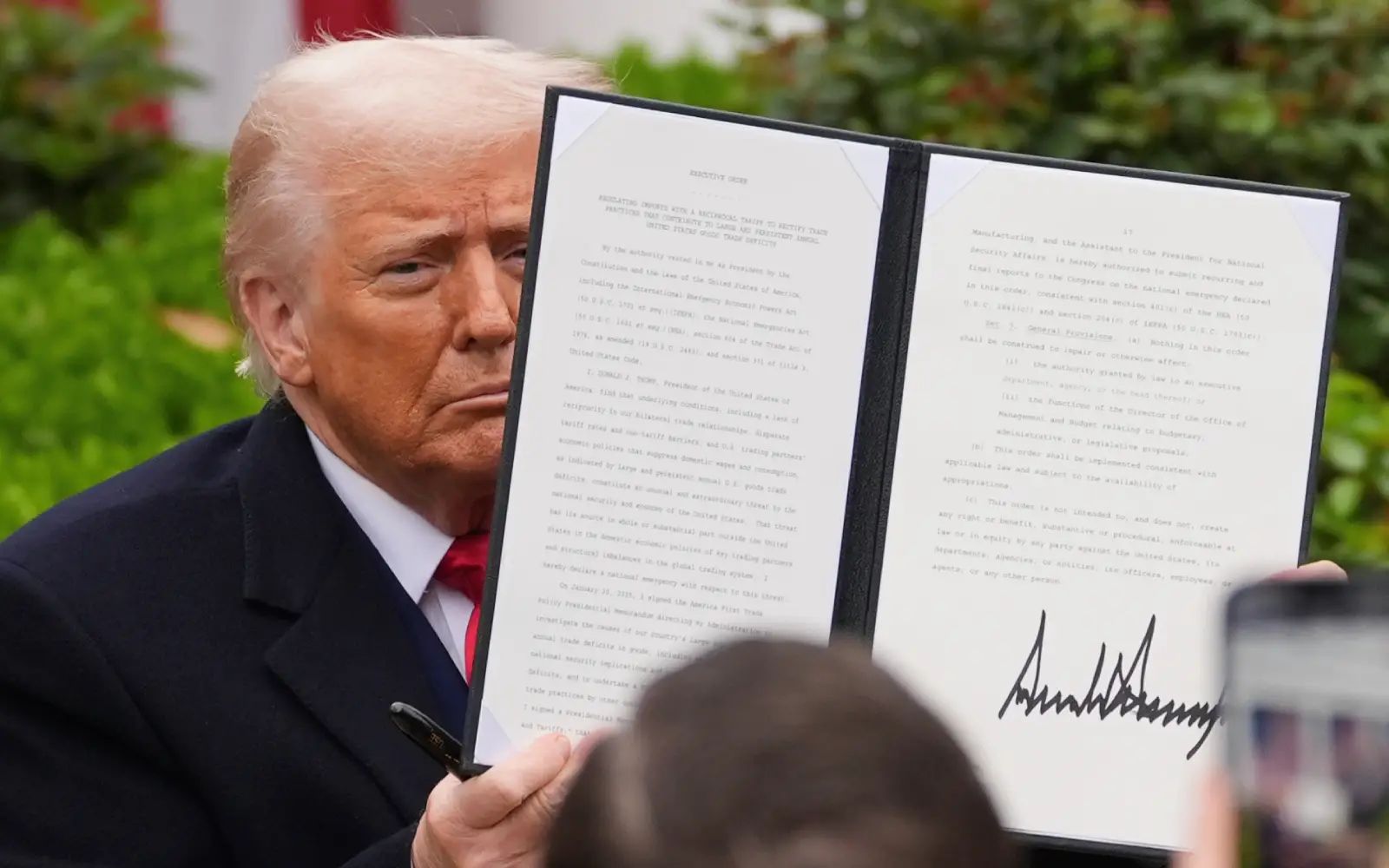In an unprecedented legal development, former President Donald Trump has successfully compelled the Department of Justice to return documents seized from his Mar-a-Lago estate, marking a significant shift in the ongoing battle over presidential records and classified materials. The ruling, issued on February 28, 2025, represents a major victory for Trump and a striking blow to the federal government’s authority to regulate and enforce the handling of classified documents by former presidents.
The legal battle over the seized records began when the FBI, acting on a warrant approved by the Justice Department, raided Trump’s Florida residence in 2022 as part of an investigation into whether he had illegally retained classified government materials after leaving office. The documents in question reportedly included intelligence briefings, internal White House communications, and potentially sensitive national security information. The Justice Department argued that their removal from government custody posed a risk to national security and violated the Presidential Records Act. Trump and his legal team countered by asserting that a president has broad discretion in determining what constitutes personal or official records.
Trump’s successful legal challenge fundamentally alters the landscape of presidential authority over documents created during their time in office. While the Presidential Records Act was established to prevent former presidents from personally retaining official records, the ruling in favor of Trump suggests that a former president may, through legal avenues, reclaim control over materials once thought to be strictly under federal jurisdiction.
The Justice Department has not disclosed the full contents of the returned materials, citing legal restrictions, but the ruling has raised urgent concerns about the precedent it sets for future presidents and their ability to withhold or remove sensitive government records without accountability. The case also calls into question whether the Justice Department, or any law enforcement body, will be able to enforce federal statutes designed to safeguard classified material when a former president asserts personal ownership over such documents.
The ruling’s implications extend beyond the immediate legal battle between Trump and the DOJ. By securing the return of the documents, Trump has bolstered his argument that he was unfairly targeted by what he has repeatedly called a politically motivated deep state operation. Speaking at a rally after the decision, he declared, “They came after me, they raided my home, and guess what? They had to give it all back. Total witch hunt, total scam.”
This victory also strengthens Trump’s broader legal strategy in his various other legal challenges. His success in convincing the court to grant him access to records that the federal government deemed sensitive could influence other cases, particularly those related to obstruction of justice and election interference. If courts continue to accept Trump’s interpretation of executive authority, the ability of federal agencies to investigate and prosecute former presidents could be significantly weakened.
Perhaps the most concerning long-term consequence of this ruling is how it changes the relationship between presidential power and federal oversight. For decades, the Presidential Records Act was understood as a safeguard against the personal appropriation of government documents. The idea that a former president can successfully argue for the return of classified material fundamentally undermines the enforceability of that law. It raises questions about what safeguards exist to ensure that sensitive government documents are not removed and used for personal, financial, or political purposes.
Future administrations will almost certainly look to this case as a precedent. If Trump’s argument holds, a sitting president could theoretically declassify or personally claim documents of strategic or economic value, only to take them after leaving office. Such a ruling could pave the way for the weakening of federal control over classified information, placing sensitive national security matters at the discretion of individuals no longer accountable to the government.
The ruling also complicates the Justice Department’s position on future investigations. While it has the option to appeal the decision, doing so could push the case into Trump’s reelection campaign, giving him further ammunition to claim he is being politically persecuted. The possibility of an extended legal battle could also risk an eventual Supreme Court decision that further solidifies executive control over classified documents, creating an even more lasting precedent.
For now, the ruling remains one of the most consequential legal victories for Trump in his post-presidency. It reinforces his broader narrative that the federal government, intelligence agencies, and law enforcement institutions have been weaponized against him. His supporters see this as proof that the raid on Mar-a-Lago was an illegitimate attack designed to discredit him politically. His opponents, meanwhile, see this ruling as a dangerous weakening of the systems meant to protect classified information and presidential accountability.
Regardless of political perspective, the ruling establishes a legal framework that will have lasting consequences. The next time a former president leaves office, the question of what documents they can take with them will no longer be answered by federal statutes alone but by a precedent that has now given them significantly more leverage to claim ownership over government records. This is no longer just a legal dispute over Trump’s documents. It is a fundamental shift in how presidential power is defined in the United States.
Author
Discover more from The Crustian Daily
Subscribe to get the latest posts sent to your email.












